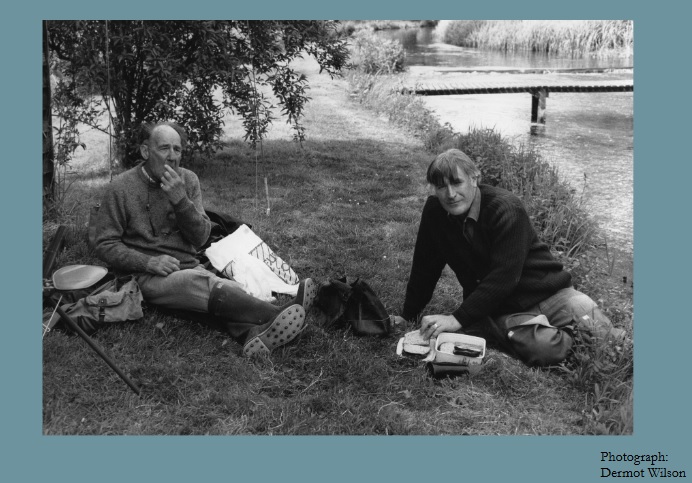
Some years ago at one of the periodic riverfly conferences, the late Peter Lapsley wondered when something would get done with all the fly survey data collected. He couldn’t see much point for volunteers to spend hours sampling rivers and conferences to talk all about it unless something useful was going to come of it. The Riverfly Partnership coordinates all this now; whether they are doing something useful is a matter for discussion, but that deserves a post of its own.
Get togethers for long-winded and possibly ineffectual chinwags on the state of trout rivers are fairly widespread these days. The latest grandly billed itself as the first UK River Summit, overlooking the many more modestly titled ones held over the years — I’ve even been to one or two myself. Unpromisingly it was organised by a PR firm, the head of which happens to go fishing. Whether the speakers, which included someone from the Angling Trust, Wildfish and Fish Legal, had anything fresh to say will have to wait until the proceedings are published, if indeed they are. No doubt they will have enjoyed their ‘wild food riverside lunch’ — ‘I must be fed’. Not wild trout I trust.
More promising was ‘Owned by everyone? The wonder, plight and future of chalk streams’, hosted by The Cambridge Conservation Initiative. Anglers like a bit of nostalgia and romance, which is perhaps why this talking shop began with a bit of Ted Hughes, his poetry and fishing life and general hand-wringing for what we’ve lost even in the few years since his death. This was followed by the state of the chalk streams, lots of nice pictures followed by dry river beds and a slide on the cheapness of water. Yep, we use too much, therefore.
To relieve the academic stuff, there are presentations on fish filming and drawing, but none of these is going to restore the rivers. Within the lengthy talks — I haven’t listened to them all the way through — there are interesting observations and information amongst the painting and poetry, but much of it we already know. We know the chalk streams and all British rivers are polluted by agriculture and sewage discharge. We know they are heavily abstracted. So we know what to do, as Charles Rangeley-Wilson notes to his credit. He is the person who has embarked on the novel project to restore the River Nar to something like its original state. He is a fan of strategies for environment restoration because that is the way to do things most efficiently. That is true, yet we know that, for example, water metering will reduce water usage by about 20%, investment by water companies will save water and stop sewage discharges.
Rangeley-Wilson thinks it can be done. It can, but political will is needed, and while we are preparing strategies and holding talking shops, things are steadily getting worse.

One thought on “Chalk streams and talking shops”